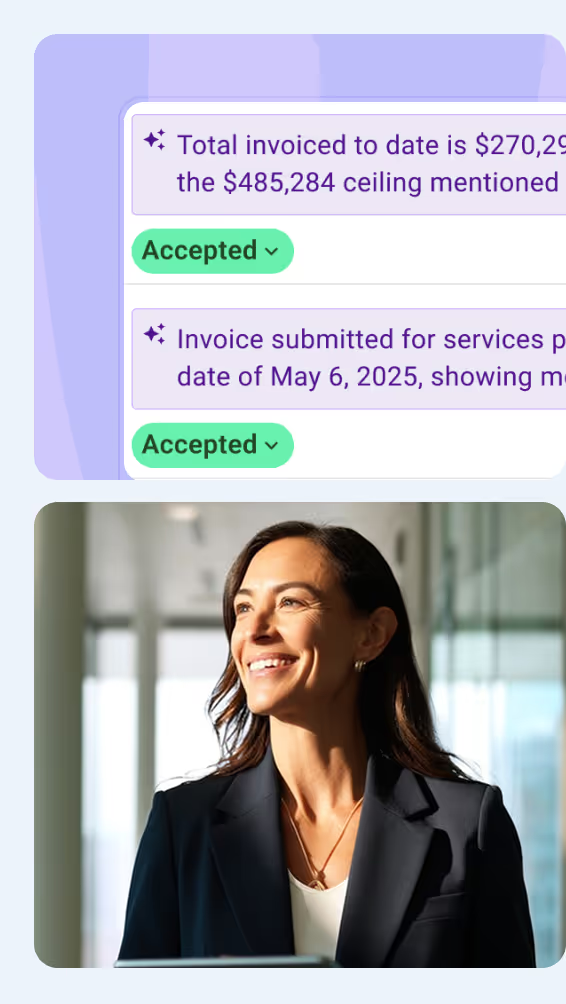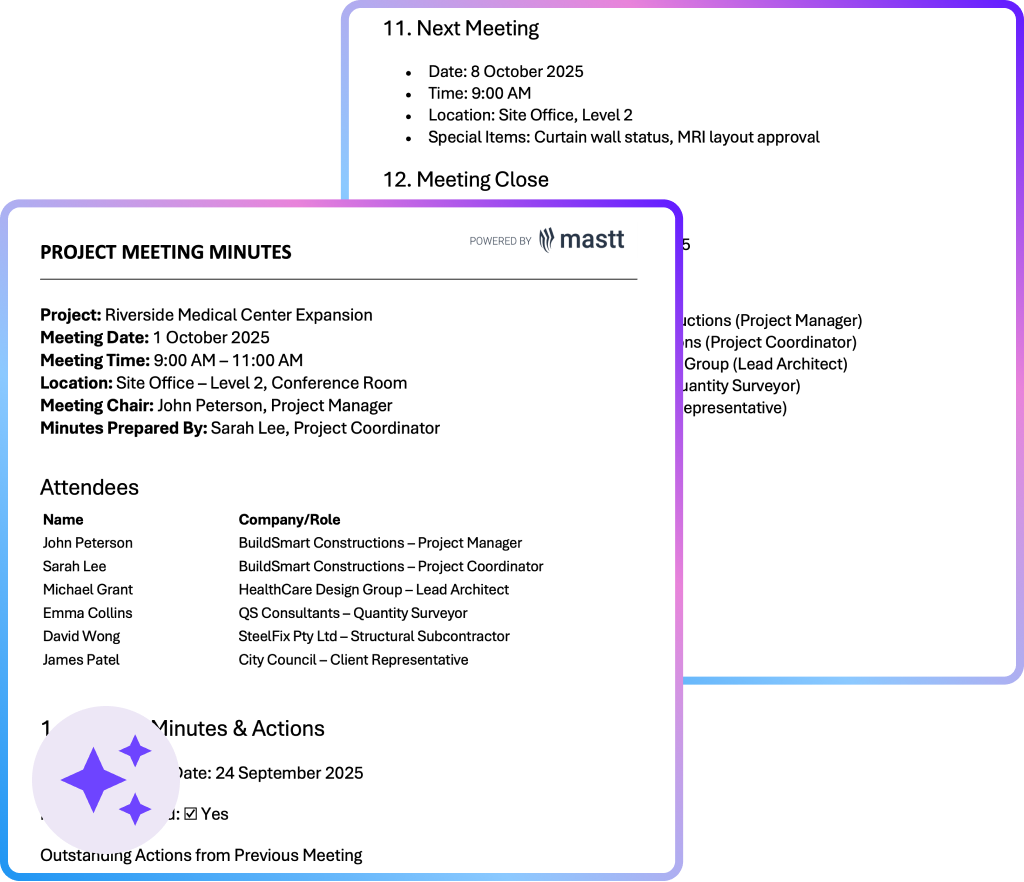We know, we know – as a project manager, how to call in sick feels like abandoning ship. Deadlines loom, budgets beckon and your team is counting on you. But here's the reality check: even the most organized project plans need a contingency for the unexpected, including YOU getting sick.
It's okay to prioritize your health and won't derail your entire project. This guide is your secret weapon for handling a sick day like a pro without sacrificing your sanity or the team's progress. We'll walk you through clear communication, delegating tasks, and ensuring a seamless handoff so you can focus on getting better and bouncing back stronger than ever. Take a deep breath, PM—we've got your back.
Why It's Okay to Call in Sick
Presenteeism, or working while sick, can be detrimental to both your health and your team's productivity. It's essential to recognize that taking a sick day is not only acceptable but necessary when you're unwell. Valid excuses to get out of work include contagious illnesses, mental health days, and family emergencies.
Steps to Call in Sick as a Project Manager
1. Choose the Right Communication Method
Selecting the appropriate method to inform your boss about your sick leave. Here are the pros and cons of each method and when to use them:

Phone Call
Pros: Immediate, personal, and direct. Allows for a real-time conversation to address any immediate concerns.
The cons: It can be stressful if you're not feeling well, and it may require multiple attempts to reach your manager.
Best Used When: You need to ensure your message is received promptly and want to discuss any urgent matters directly.

Pros: It is formal, provides a written record, and can be sent at any time. It allows you to be clear and concise without immediate pressure.
Cons: It may not be read immediately. Lacks the personal touch of a phone call.
Best Used When: You need to provide detailed information and a formal notification, especially if your company has specific documentation requirements.

Text
Pros: Quick, convenient, and less formal. Ideal for immediate notification.
Cons: Can be seen as too casual. It may not convey the seriousness of your situation.
Best Used When: You must quickly inform your manager, especially outside regular working hours.
2. Act Quickly
Inform your boss as soon as you know you need to take a sick day. Ideally, notify them a day in advance or early in the morning to allow for necessary adjustments.
3. Keep It Brief and Honest
When calling in sick, be straightforward. Avoid over-explaining your symptoms. Focus on why you are absent and how long you expect to be out.
4. Provide Availability Details
Let your team know if you'll be available for urgent matters. This ensures they can reach you if absolutely necessary, but don't feel pressured to work while you're recovering.
5. Have a Plan for Your Responsibilities
Delegate tasks to team members and provide updates on current projects and deadlines. This helps ensure a smooth workflow in your absence.
Sample Sick Leave Messages
Sick Leave Email Example
Subject: Sick Leave Request
Body:
Hello [Manager's Name],
I hope this finds you well. Unfortunately, I feel unwell and need to take a sick day today. I expect to be back by [date]. I will be available for urgent matters via email.
Thank you for understanding.
Best regards,
[Your Name]
Sick Leave Text Example
Hi [Manager's Name], I feel unwell and need to take a sick day today. I hope to be back by [date]. I'll be available to address urgent matters via email. Thanks, [Your Name]
Phone Call Script
Hi [Manager's Name], this is [Your Name]. I'm calling to let you know that I feel unwell and need to take a sick leave today. I expect to be back by [date]. I've delegated my tasks to [Colleague's Name] and will be available via email for urgent matters. Thank you for understanding.

Common Reasons to Call in Sick
- Contagious illnesses (e.g., flu, cold)
- Mental health days
- Family emergencies
- Doctor's appointments
- Food poisoning
Conclusion
Listen, we get it – calling in sick can feel like a project derailment waiting to happen. But trust us, taking a day to recharge is a power move, not a surrender. Clear communication and simple steps ensure your team stays on track while you get back to 100%. A healthy project manager is the backbone of a successful project, so prioritize your well-being guilt-free!
Now, get some rest and hydrate, and we'll see you back in the project trenches soon!











